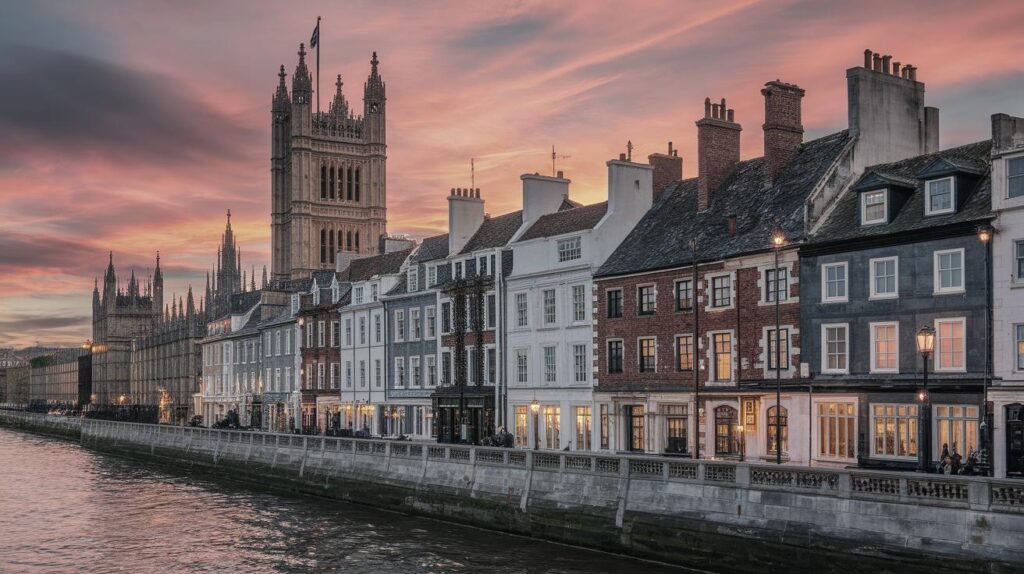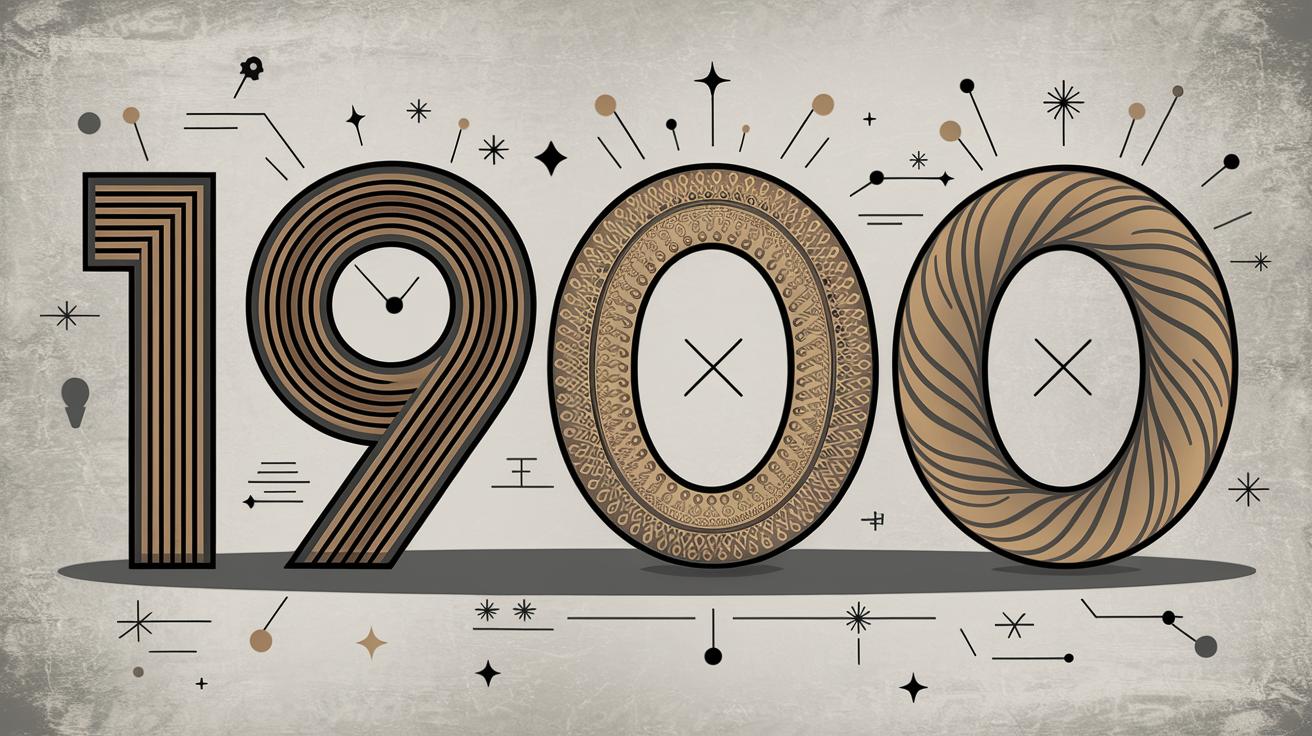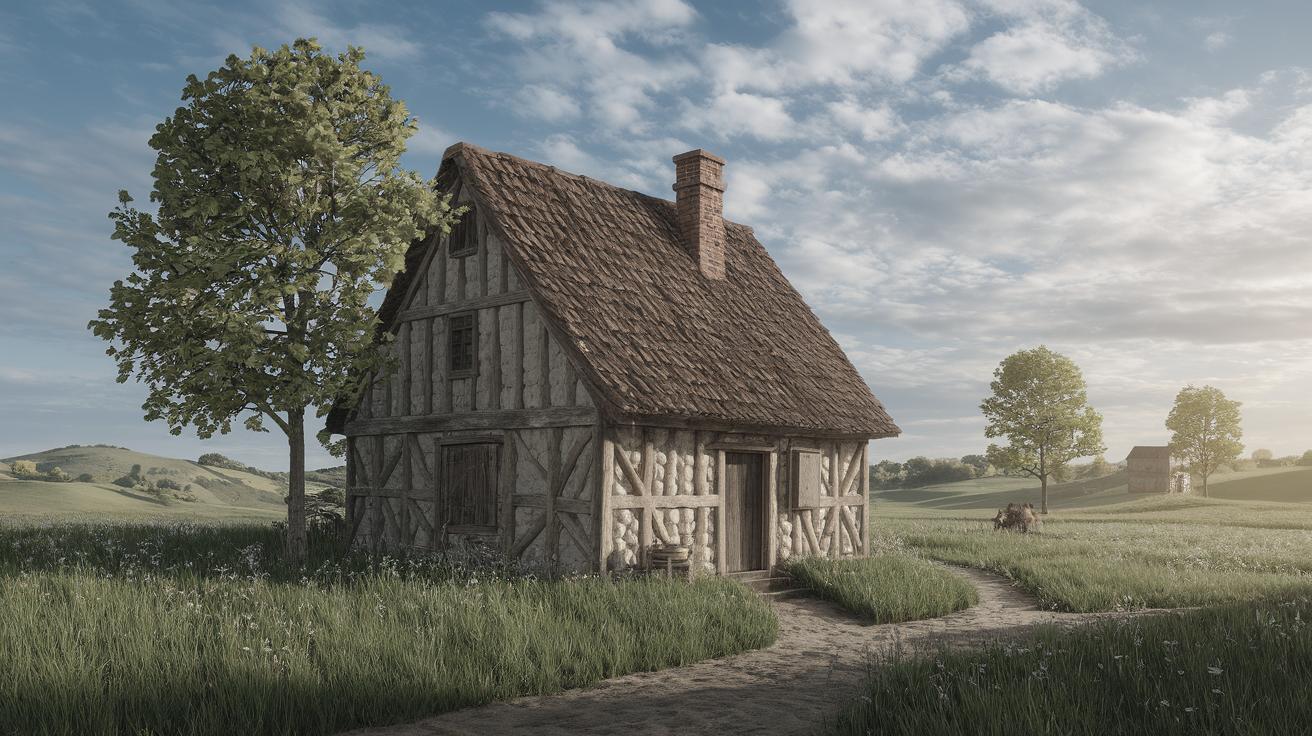The Puritan Bans in England: A Deep Dive into Historical Prohibitions
The Puritan period in England is marked by a profound transformation in societal norms and cultural practices. Known for their rigid moral code and efforts to reform various aspects of society according to their strict religious beliefs, the Puritans implemented a series of bans that reshaped everyday life. This blog post explores the various sectors affected by these prohibitions, from theater and sports to festivals, providing a comprehensive overview of how Puritan ideology sought to mold an entire nation under its religious vision. Through this exploration, we’ll gain insight into the social and cultural dynamics of an era that has left a lasting imprint on history.
The Puritan Movement: An Overview
The Puritan movement emerged in the late 16th century, gaining momentum as a force determined to purify the Church of England from practices they deemed too closely aligned with Roman Catholicism. Rooted in Protestant Reformation ideals, the Puritans advocated for religious and moral rigor that went beyond the doctrines established by the Anglican Church. Their influence peaked during the 17th century, particularly during the English Civil War and the subsequent Commonwealth period.
Central to Puritan ideology was the belief in personal and communal piety. This belief extended into various realms of public and private life, leading to a series of regulations and bans intended to eliminate perceived impurities and ensure devout living. The Puritans were often characterized by their somber approach to life, emphasizing diligence, temperance, and simplicity in contrast to the perceived excesses of their time.
The Puritans’ quest to align society with their moral and religious principles led them to target various cultural elements, deeming certain activities and traditions as distractions from spiritual duties. These prohibitions were not universally welcomed, and they sparked considerable debate and resistance. Nonetheless, Puritan influence left a significant mark on the cultural landscape of England.
Repression in the Arts: Theater and Music
One of the most notable targets of Puritan reform was the theater. Puritans perceived theater as an immoral and corrupting influence, leading to the closure of theaters during Oliver Cromwell’s rule. They argued that plays promoted idleness and vice, and the portrayal of morally questionable characters was believed to encourage sinful behavior in audiences.
Music was another cultural domain scrutinized by the Puritans. While they did appreciate hymns and religious music as tools for worship, they were wary of secular music forms which they associated with frivolity and moral decay. Consequently, non-religious music performances were restricted, and composers were pressured to adapt their work to meet the Puritans’ austere standards.
These bans on the arts were intended to purify the cultural arena, redirecting focus towards religious devotion. While censorship of artistic expression aimed to maintain spiritual integrity, it also stifled creative innovation, resulting in tension between the preservation of religious purity and the flourishing of cultural expressions.
Sport and Leisure: Regulated Recreation
Recreational activities were not exempt from Puritan censorship. Many sports and games were banned or restricted under Puritan rule, as they were seen as distractions from religious and community obligations. Activities like bear-baiting, cockfighting, and even simpler pastimes were criticized for promoting vice and idleness.
The Puritans believed that leisure should be spent in a way that glorifies God, promoting the idea that recreation should be wholesome and non-competitive. This led to a preference for simpler, less competitive forms of recreation, such as walking or gardening, which were considered more in line with Puritan values and less likely to lead participants astray.
These regulations often met resistance, as traditional sports and games were deeply embedded in English society. The Puritans’ attempts to regulate leisure activities underscore their broader efforts to reshape societal norms and discipline personal behavior in accordance with their stringent spiritual beliefs.
Prohibition of Festivals: Suppressing Merriment
The Puritans’ objection to festive celebrations extended to festivals such as Christmas and Easter. They saw these celebrations as remnants of pagan traditions or Catholic practices, perpetuating frivolity and indulgence at the expense of true Christian devotion. As a result, Puritans worked to downplay or entirely ban these holidays, proposing instead that any time off should be spent in prayer and reflection.
They enacted laws that forbade the celebration of Christmas, considering it a manifestation of idolatry and excess. In Puritan-dominated areas, festive decorations were forbidden, and anyone caught celebrating faced penalties. This effort to suppress popular merriment led to an underground persistence of traditional celebrations, indicative of the cultural tensions between Puritan doctrine and popular practice.
The Puritans’ repression of festivals not only reflects their desire for control over religious observance but also their broader mission to curtail secular entertainment. By banning widespread celebrations, they aimed to cultivate a society that prioritized simplicity and spiritual devotion over material enjoyment and communal festivity.
Final Thoughts
Throughout English history, the Puritan bans have been both criticized and analyzed for their impact on society. Although intended to purify and reform, these restrictions often stifled cultural development and met considerable resistance from those unwilling to relinquish traditional pastimes and celebrations. The Puritan legacy is a testament to the complexities of enforcing religious morality on a diverse populace, highlighting the tensions between religious ideals and human desire for cultural and leisure activities.
In modern times, the Puritan era serves as a reminder of the potential consequences of imposing rigid ideological standards on societies. It demonstrates the importance of finding a balance between spiritual aspirations and cultural expressions, ensuring that neither creativity nor devotion is compromised. The period remains a significant chapter in England’s rich tapestry of history, offering valuable lessons on the dynamics between faith, culture, and governance.
Share this:
Spread the word about this captivating exploration of the Puritan bans. Connect with like-minded history enthusiasts and discuss the fascinating interplay between culture and religion during this pivotal era. Feel free to share your thoughts in the comments section below!
Like this:
If you enjoyed this deep dive into the Puritan bans of England and their lasting impact, click the ‘Like’ button and stay tuned for more engaging historical analyses. Your support helps us continue to bring you insightful content on intriguing topics from the past.
Related
For further reading, explore these related topics: “The Reformation’s Cultural Impact,” “Cromwell’s Commonwealth and its Legacy,” and “The Evolution of Religious Practices in England.” Each article offers a unique perspective, enriching your understanding of England’s dynamic historical landscape.
| Aspect | Details |
|---|---|
| Theater and Music | Theaters closed, non-religious music restricted, aimed at purifying cultural expression to align with religious values. |
| Sport and Leisure | Regulated activities to promote religious and community values, banning competitive sports deemed frivolous. |
| Festival Prohibition | Festive celebrations like Christmas banned to avoid pagan and Catholic influences, promoting prayerful reflection instead. |


